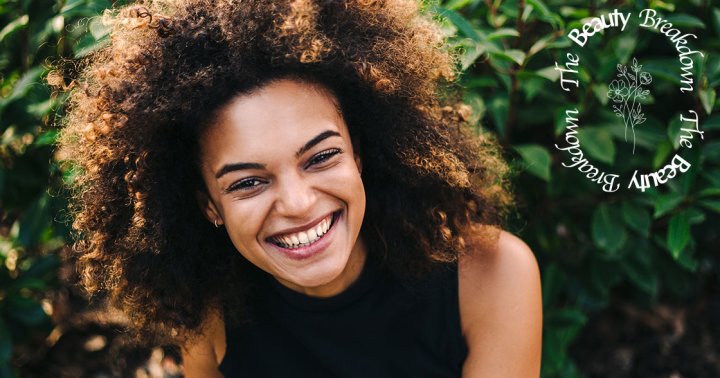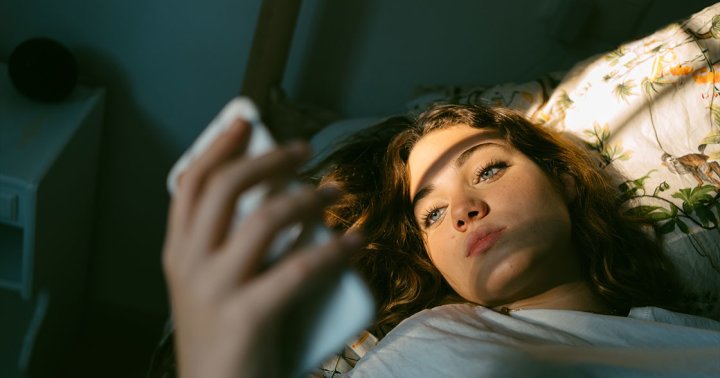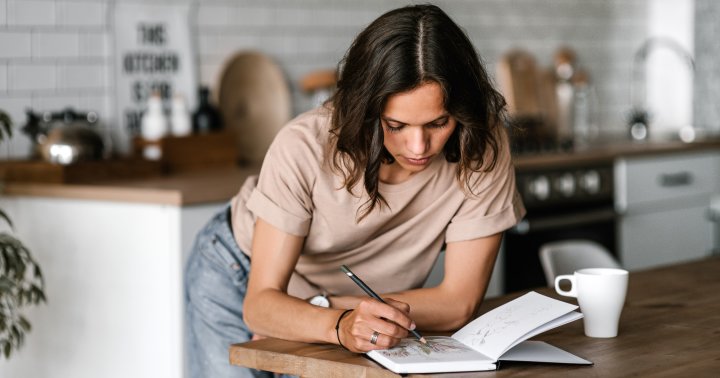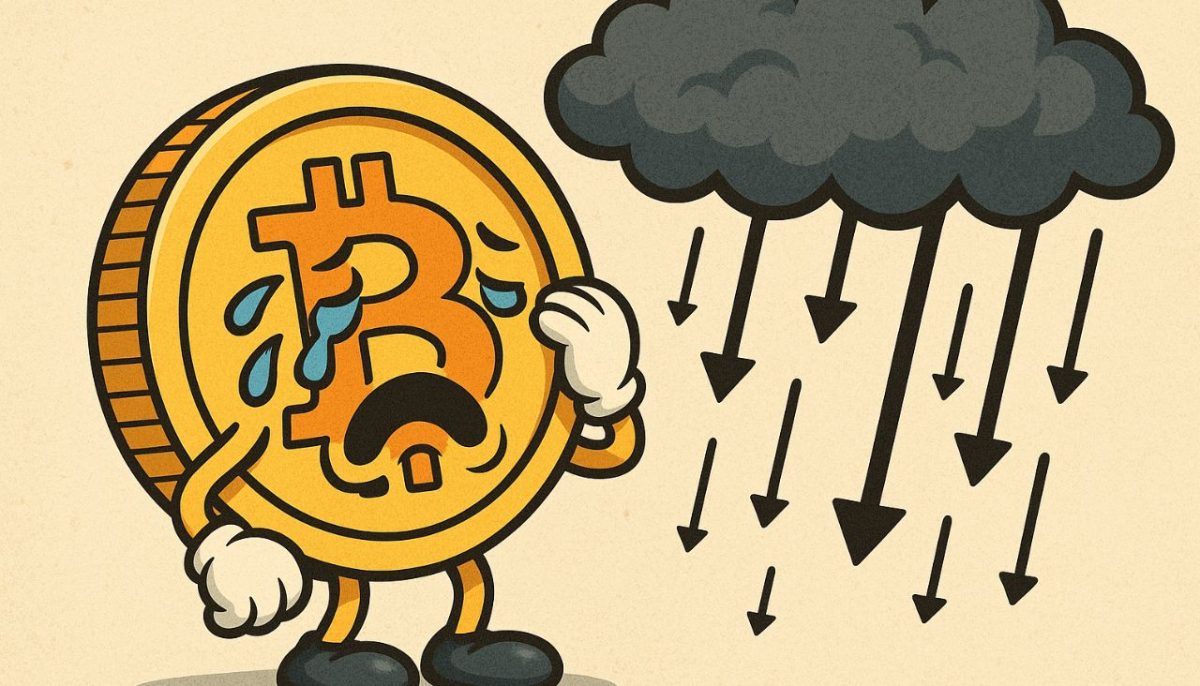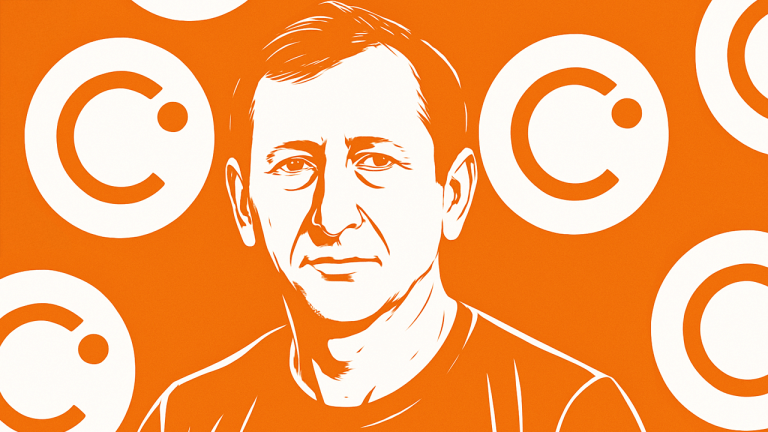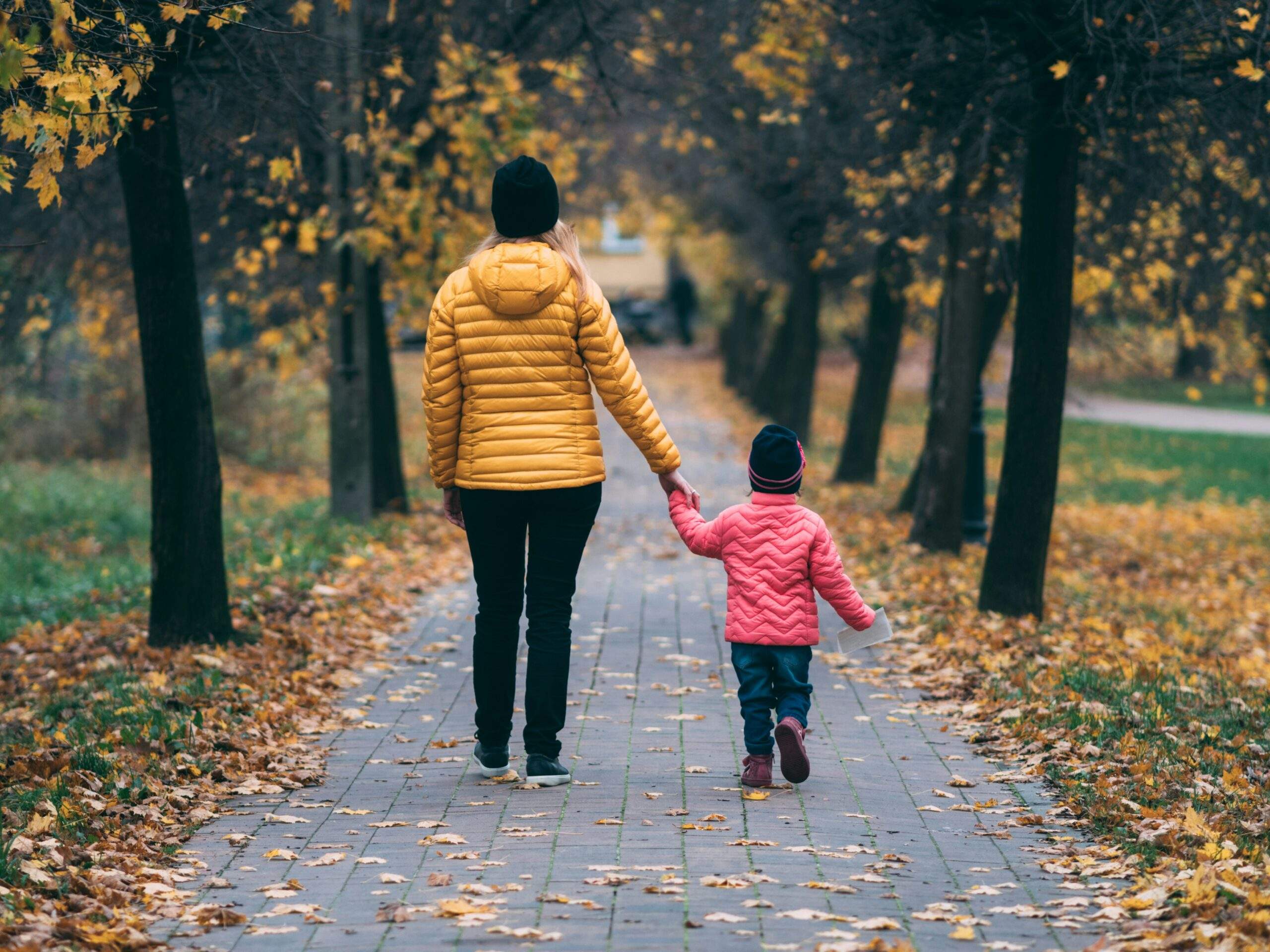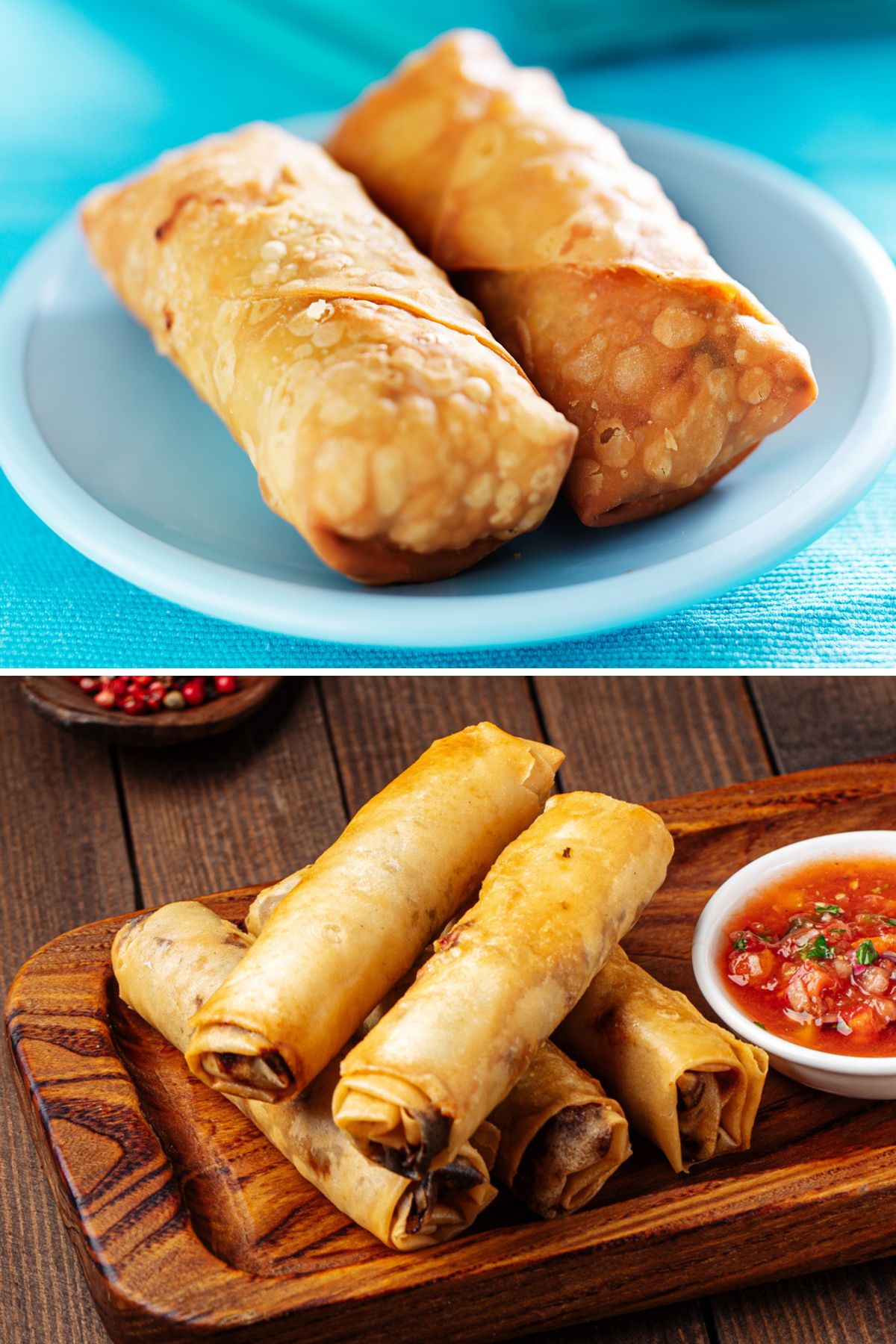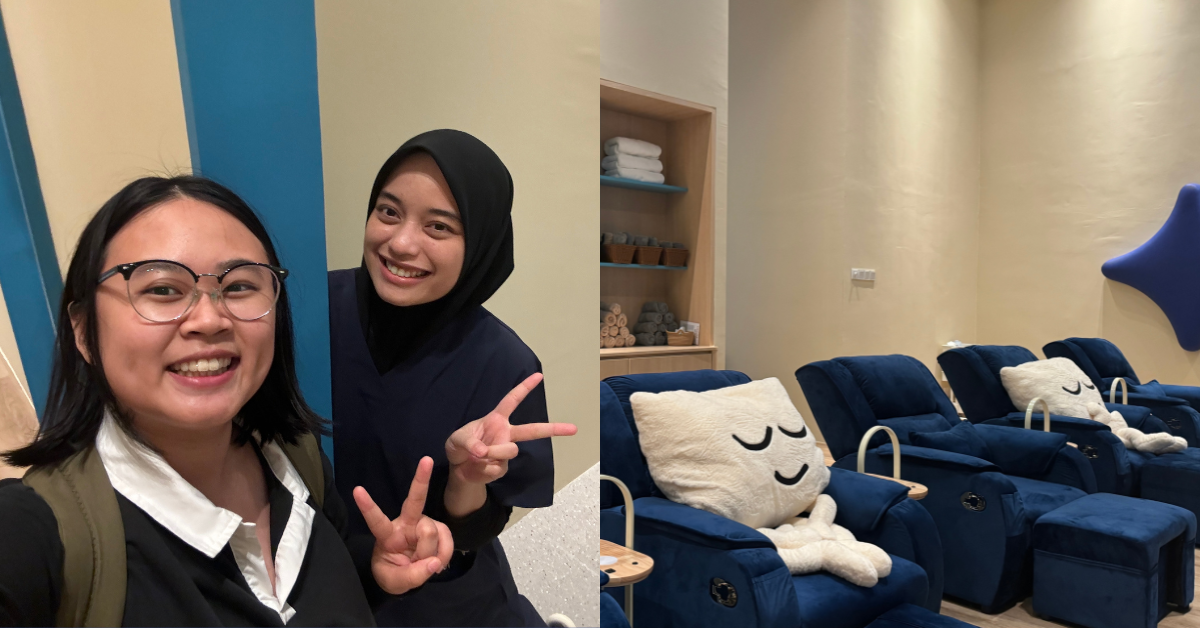Saying Yes to Life
Between-States: Conversations About Bardo and Life In Tibetan Buddhism, “bardo” is a between-state. The passage from death to rebirth is a bardo, as well as the journey from birth to death. The conversations in “Between-States” explore bardo concepts like...
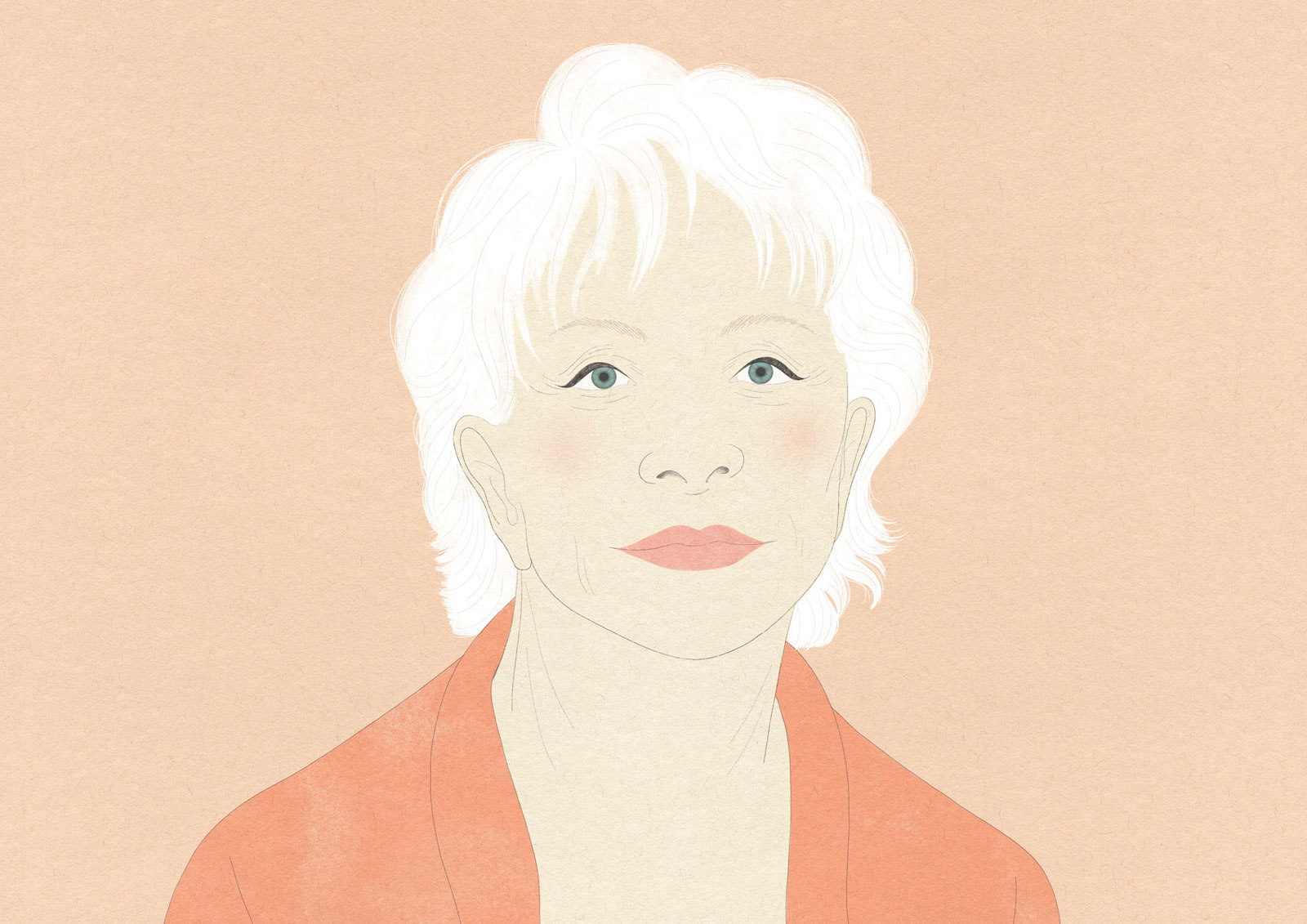
Between-States: Conversations About Bardo and Life
In Tibetan Buddhism, “bardo” is a between-state. The passage from death to rebirth is a bardo, as well as the journey from birth to death. The conversations in “Between-States” explore bardo concepts like acceptance, interconnectedness, and impermanence in relation to children and parents, marriage and friendship, and work and creativity, illuminating the possibilities for discovering new ways of seeing and finding lasting happiness as we travel through life.
***
Isabel Allende’s latest novel, The Wind Knows My Name, is a story of displacement, exile, and moving forward. It’s about Samuel, who in 1938 escapes to London from Nazi-occupied Vienna on a Kindertransport train; Leticia, who survives the 1981 El Mozote massacre in El Salvador and journeys to the US with her father; and Anita, a girl from El Salvador who is separated from her mother at the US border in 2019 and must find a new home. Allende knows what it is to lose your country: she fled Chile after the 1973 military coup in which her father’s cousin, Chilean president Salvador Allende, was overthrown and died, and she has never again lived in her homeland.
Allende burst onto the literary scene in 1982 with her first novel, The House of the Spirits, a family and political saga set in Chile that became an international best seller. She has since written twenty-six books that have been translated into over forty-two languages, with more than 77 million copies sold. Her many honors and awards include induction into the American Academy of Arts and Letters (2004), an Honorary Doctorate from Harvard University (2014), the Presidential Medal of Freedom (2014), and a PEN Center Lifetime Achievement Award (2016).
Now 81, Allende spoke with me from her home in the San Francisco Bay Area, her two rescue dogs lolling outside in the afternoon sunshine. We talked about uncertainty, change, and coming to terms with endings. “I have had no control over the most important losses that I’ve experienced,” Allende said. “The military coup, the divorce of my parents, my father’s abandonment of us, the death of my daughter. I could give you a long list. The only thing I can control is how I react, so I just plunge into whatever comes and say yes to life. What’s the worst that can happen? It’s already happened to me.”
*
You’ve lived in Chile, Venezuela, Bolivia, Lebanon, and, for many years now, California. Do you feel settled in California, or do you feel like you’re between places? Physically, I live in California, but I’m completely Chilean. Although I lived in Chile for a short time considering my long life, it’s where my roots are, my memories of childhood. I don’t know if I’m in a between-place, but I have a feeling of going step by step along the trail that is my life. From where to where I don’t know, but I’m walking.
Do you miss Chile? No, but I feel a strong connection to the crazy geography of my country. Chile is long and narrow, a mesa between two incredible geographical phenomena, the Andes Mountains and the harsh Pacific Ocean beating against the rocks. The drop to the sea is as high as the mountains. They say that Chile is so narrow that one day we’ll just fall into the sea.
The driest desert in the world is in the north, and all the astronomical research sites are placed there. The air is so thin that you can see the angels at dawn and the stars that have not yet been born. Then there’s a beautiful central valley, and then the south, which to me is the best part. There’s old forest, more than 600 volcanoes, and pristine lakes and rivers. The landscape in Patagonia is gorgeous, so untamed that it’s like another planet.
In The Wind Knows My Name and other novels, including A Long Petal of the Sea and The Japanese Lover, you write about bardo experiences like displacement and the search for home. How would you describe your own experience of exile? When I left Chile after the military coup in 1973, I was fortunate to end up in Venezuela, which was at the time a rich, generous, hospitable country that received millions of immigrants from all over the world. Still, it wasn’t my country, and it took me a long while to adjust because I was always waiting to go back to Chile. For years, I lost myself. I thought maybe I should not have left Chile, because it was so difficult to adapt to another place, and I felt so frustrated that my life wasn’t going anywhere. Things didn’t change until I wrote The House of the Spirits.
I’d been living in Caracas for eight years when one day I received the news that my 99-year-old grandfather, who raised me from when I was small, was dying in Chile. I started a letter to him that became The House of the Spirits. The action I took in my grief was to try to write something that could prove to my grandfather that I hadn’t forgotten all the family stories he’d told me about our crazy relatives. I remembered everything, and all of those relatives are in The House of the Spirits, with different names.
Before you left Chile, you were working as a journalist and met Chilean poet and Nobel laureate Pablo Neruda. Did that meeting play a role in your becoming a writer? In 1973, I went to interview Pablo Neruda, and he said, “I would never let you interview me. You are the worst journalist in this country. You put yourself in the middle of everything. You cannot be objective, and I am sure that if you don’t have a story, you make it up. Why don’t you switch to literature, where all these defects are virtues?” The only thing that registered was that he had said I was the worst journalist in the country, but I knew he was saying it tongue in cheek and I didn’t pay much attention. When I wrote The House of the Spirits, I didn’t even remember what he had said.
Did you feel like you’d made it as a writer when The House of the Spirits became a best seller? The success of that book didn’t mean I was a writer. My agent said, “Everybody can write a first good book because they put everything they have in their heads and their lives in there. You become a writer with the second book and the ones that follow.” I wasn’t a writer yet—I was just someone who had written a book. It was only after I’d published three books that I wrote “Writer” for the first time, with hesitation, when I had to fill in a form and state my occupation. I didn’t want to seem arrogant. If I’d been a man, I would have said I was a writer before I’d ever written anything.
After publishing seven works of fiction, you wrote a memoir, Paula, about your daughter’s death from porphyria at the age of 29. When you finished the book, you found it hard to write again. How did you get through that period of mourning and creative struggle? It took a while. I had three grandchildren who were born at that time, which helped pull me out of my grief. Also, I remembered I’m a journalist by training and I can write nonfiction about almost anything. I tried fiction for three years after Paula’s death and couldn’t write at all, so I wrote Aphrodite, a book about aphrodisiacs, about love and lust and gluttony, a subject as removed from pain and loss and illness and death as possible. The research was fun because it was about eroticism and food. Many people said, “How can you write something like this after Paula?” Exactly. I needed to write a book like that to get unblocked.
You also went to India. I went with a friend and my husband. Being out of my comfort zone in that incredible place, assaulted by color and noise and people, helped a lot. And something happened that was life-defining. We were in Rajasthan, and it was dusty and hot, so the driver stopped the car to cool the engine. My friend and I walked over to some women standing next to a tree. They were very poor, with a bunch of kids who were mostly naked. We were communicating by touching, and they touched these silver bracelets we’d bought in the market, so we gave them the bracelets. As we walked back to the car, one of the women came and handed me a bundle of rags. I thought she wanted to give me something in exchange for the bracelets, so I said, “It’s not necessary,” and tried to give the bundle back. She wouldn’t take it, so I opened it, and inside there was a newborn baby. It had a raw umbilical cord—I don’t think it was a day old. I kissed the baby and tried to give it back, but the woman wouldn’t take it. The driver came running, took the baby, threw it to another woman, and dragged me to the car. I asked him, “Why would that woman want to give me her baby?” And he said, “It’s a girl. Who wants a girl?” That has haunted me for thirty years. What happened to that little girl? What happened to that mother who knew the baby had no life ahead of her, whose poverty was so extreme the baby probably wouldn’t even survive?
I just stood there, but my daughter Paula would have done something. I’d been trying to think of a way of honoring her, and what happened that day in Rajasthan gave me the idea to start the Isabel Allende Foundation. It’s fed with the proceeds from my books, and we focus on projects that help women because women are most at risk.
The bardo teachings tell us not to cling when something is over, that we can only move forward when we accept the truth of our situation. As you’ve faced change and endings again and again in your life, has it become easier for you to let go? Yes, because I’ve had to do it so many times and start from scratch. I fell passionately in love with my first husband, and we were together for twenty-eight years. When it didn’t work anymore, I said goodbye, with no anger, no resentment, no bad memories. Whatever he’d done to me, it didn’t matter anymore. Why carry it with me?
And as you get older, you have to let go of a lot. You have less mobility. It’s hard to get to places because you don’t want to drive at night, or the parking in San Francisco is difficult. You start becoming more rooted. First, in your neighborhood, then in your house, then in your bedroom, and then in your bed. You have to let go of your looks. You look at yourself in the mirror and you think, “Who’s this old lady that got into my house?”
You divorced your second husband in your 70s. A lot of people would fear getting divorced at that age, thinking they’re too old to find someone else and they don’t want to be alone. Did you feel afraid? Not at all. The worst that can happen is to remain in a marriage that isn’t working. My mother wanted to be a widow for ten or fifteen years, but my father didn’t die. Anything is better than that. I’m not afraid of being alone and, of course, I can support myself.
Do you have regrets? I regret a couple of stupid things I did where I hurt people. But I don’t regret my life. When I was 19, my parents were appointed ambassadors to Switzerland. They wanted me to go with them, and I said, “If I go with you to Geneva, I’ll lose my boyfriend, and I love him.” My mother said, “You have to go to university and have the experience of Europe. You can get married later.” But I didn’t listen. Would I have had a better life if I’d gotten a diploma at the Sorbonne? Maybe, maybe not. In any case, I chose to marry the wrong man. Do I regret marrying him? No, because I had my two kids, Paula and Nico. How could I regret that?
In The Wind Knows My Name, Samuel ends up adopting 7-year-old Anita and he gives her a medal of courage that was given to him before he fled Vienna many years earlier as a boy. Is there an object you’d like to pass on to your son? No, nothing. I have 24,000 letters that I exchanged with my mother. When I die, probably my son Nico will burn them. Fine. Done. The other day, my agent said, “We have to talk about your legacy. What are we going to do with all your manuscripts and papers and letters from readers? Some universities in the US want to buy them, or you can keep them in Chile.” I said, “Look, I’ll be dead! Do whatever you want.” I’m not attached to anything material, because I’m not going to take anything with me to the other world. I will just go when it’s my time, free of worries.

 BigThink
BigThink 







